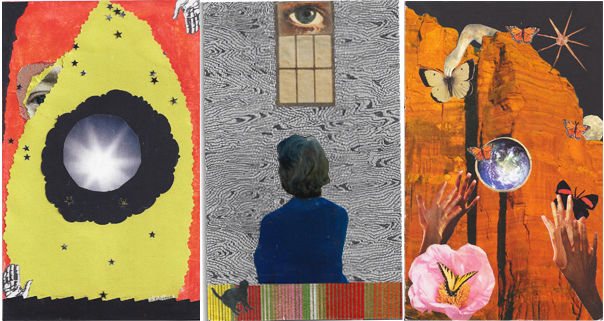
Mussar is an ethical and spiritual practice of self-reflection, journaling and focused exercises that invite you to study the Jewish perspectives on character traits—middot— such as patience, forgiveness, gratitude and humility, to name a few. The middot are key concepts in our tradition that affect our psyches, personalities, relationships and spiritual practices.
Practicing Mussar provides an overall structure for my life by addressing the central question, What can I do to make myself a better person? Every day, I look at my self and my world through a Mussar lens, paying keen attention to my own intentions and behaviors, and to my relationship with the divine. I am not wandering in the desert without a map. The middot serve as doors, and the light comes out into the corridor. I can make use of that light and let it wash over me.
Currently, I facilitate Mussar groups for Temple Israel of Hollywood and other institutions. I introduce Mussar principles to my clients and to just about anyone who is curious. As Coordinator of the Manchim Facilitator Training Program for The Mussar Institute, I have the privilege to work closely with a wonderfully intentional community of spiritual travelers
The first step on the path of Mussar is to realize that our essence is the soul and that all aspects of ego and personality flow from that essence. At its core, the soul is pure, but habits, tendencies and imbalances often obscure some of that inner light.
The lessons of Mussar are all intended to help us correct whatever shortcomings may be preventing the light of our soul from shining through. It is a way of life (that) shows us how to realize our highest spiritual potential, including an everyday experience infused with happiness, trust and love.
-Alan Morinis, Everyday Holiness
Please contact me if you are interested in individual Mussar study or consultation, or to participate in a Mussar group.
For further information about Mussar, go to website of The Mussar Institute: www.mussarinstitute.org.
Testimonial: I have prided myself on not being religious so it was a surprise when I found myself engaged in the daily practice of Mussar and noticing the not-so-subtle behavioral changes that have made me a better person. They seemed to happen effortlessly. I was not “trying to change”–I was “practicing” the middah of the week. The support for doing the daily practice that I got from Nancy’s group was a great boon, and as a complete bonus, brought me the friendship of many wonderful people similarly engaged.
-R. Newport, MD
